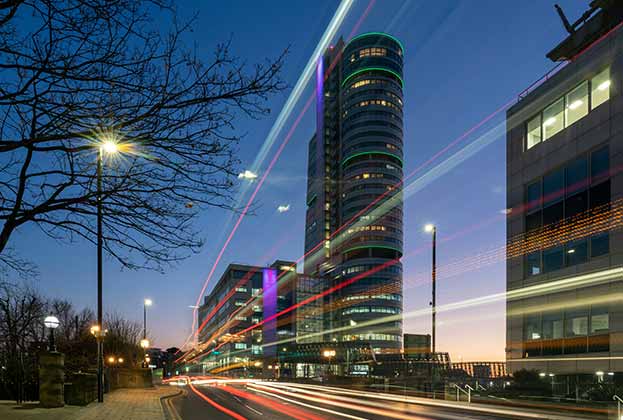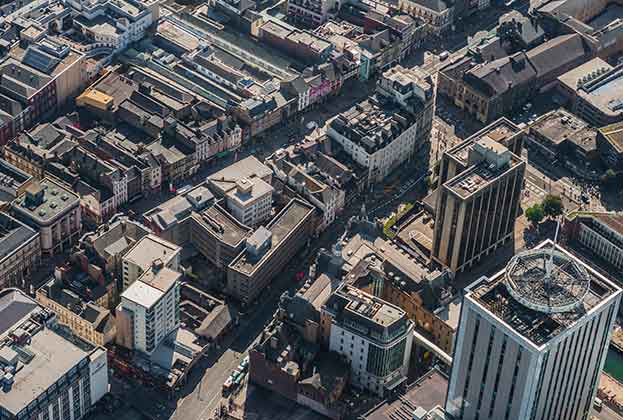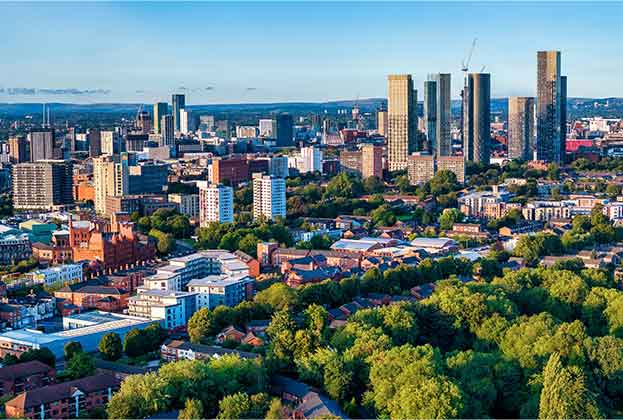Asian capital invested into City of London offices reached a record level in the first half of the year with £3.39 billion (€3.86 billion) changing hands before 19 June 2018. This represents about 70 per cent of the £4.9 billion (€5.6 billion) total invested in London so far this year, and follows on from 2016 and 2017 which saw bumper investment by Asian buyers in London and more activity in the UK regions: £1.6 billion (€1.82 billion) was invested by Asian buyers in regional commercial assets last year, representing 7 per cent of the market.
But it’s not just London and the UK that is increasingly attracting buyers from the Far East. Their investment in German real estate has quadrupled since 2010. In 2017 they invested £2.54 billion (€2.9 billion) 9 per cent of total investment, making them one of the most active investors on the German market.
Asian investors find Germany appealing for the same reasons as other national and international purchasers. The economy is flourishing and political conditions are relatively reliable. This combination is found in barely a dozen nations worldwide.
However, the supply situation in Germany is not quite so attractive to purchasers from the Far East. Most investors looking towards Europe from China, Korea, Singapore, Japan or Hong Kong are seeking investments of at least €100 million. Owing to Germany’s polycentric nature, such assets are rare. France and the UK are somewhat easier to understand. Their real estate markets are centred around the capitals London and Paris, much more so than in Germany, and these cities are still much more expensive than Berlin.
However, the German economy is thriving while, in London, the consequences of Brexit are still a matter of debate. Meanwhile in Paris, President Macron has yet to work a miracle for France’s stagnating economy. In Germany, new office construction is unable to keep up with demand in almost all major cities and falling vacancy rates are supporting value stability. This is in stark contrast to many Asian nations. The Asia-Pacific region currently accounts for almost 60 per cent of the global office stock. And offices there are increasingly being built vacant: sufficient grounds for investors to turn their attention towards Europe.
However, it’s also important to remember that Asian investors considering whether to accept the ever-decreasing yields in many major German cities also had a stronger dollar exchange rate against the euro in their favour until earlier this year. Most Asian currencies are pegged to the dollar and benefit from the strength of the global currency. The euro has risen by around 10 per cent against the dollar since January 2017 and the Fed has cautiously hiked interest rates. Consequently, property in the eurozone is becoming significantly more expensive for those buying in dollars.
There is still no indication that Asian investors have hit the brakes on their run on the German market. The forthcoming years will show whether the sprint will become a marathon. The signs are promising.
Further information
Read more: City Office Market Watch
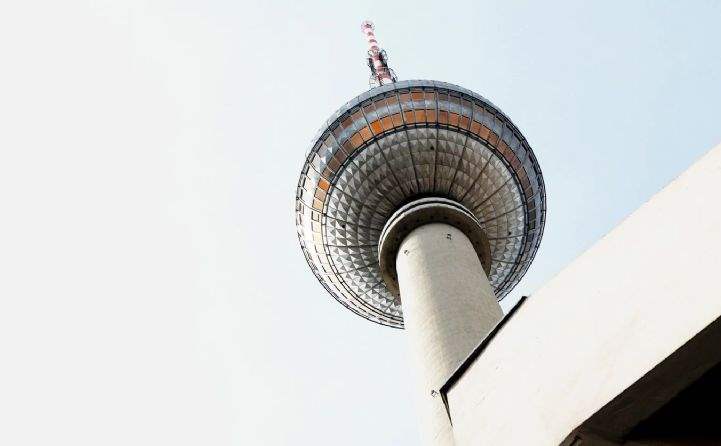
-impact-the-office-sector(1).jpg)
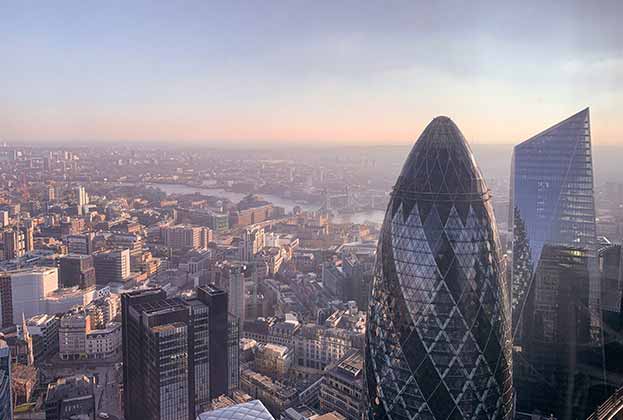
.jpg)
.jpg)



